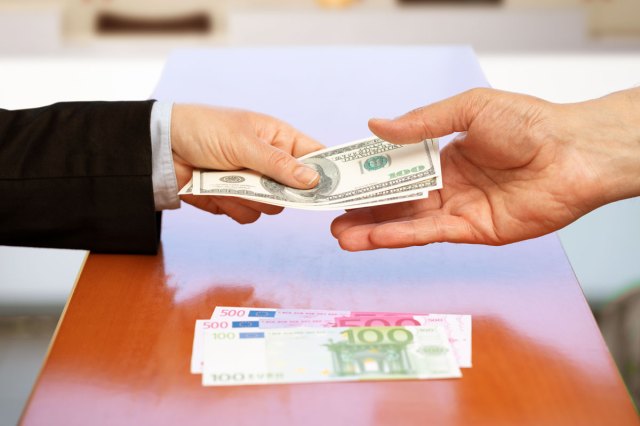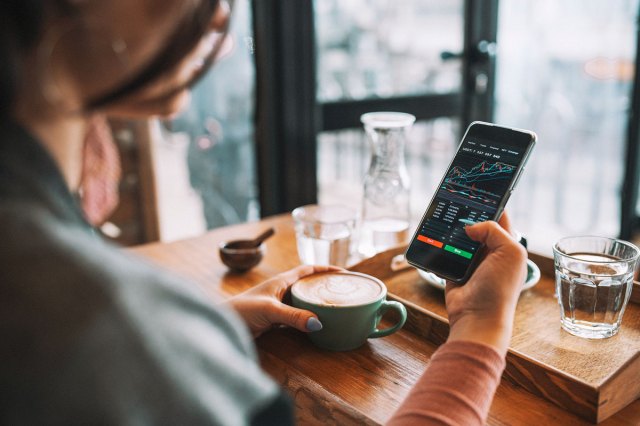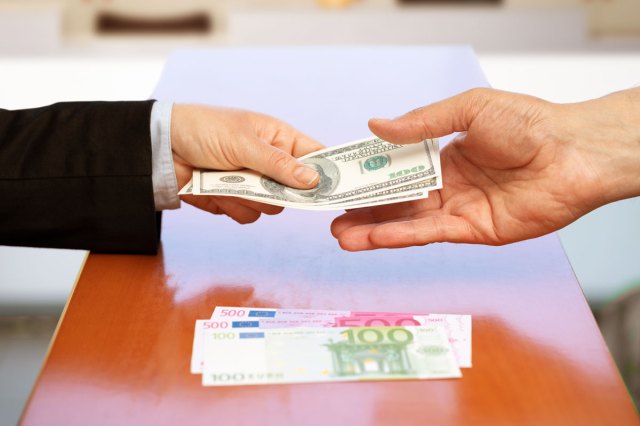Figuring out how much money you will need when traveling to a foreign country can be tricky. For example, in Europe, $1 in American currency is worth .92 euro. However, that same dollar is worth 17 pesos if you’re in Mexico. And 1 euro is worth 18 pesos. But tomorrow, those rates could be entirely different. With 180 currencies worldwide, it’s easy to get confused. Follow these tips to get the best bang for your buck.

Understand the Different Kinds of Exchange Rates
Exchange rates calculate the ratio at which one currency can be exchanged for another. These rates are often volatile, depending on factors that affect domestic and foreign currency. They usually fall into one of two categories: floating or fixed.
Floating rates rely on the private market and are often dictated by supply and demand. This means countries that attract fewer tourists will have less valuable currency of their own, as their money is less in demand. In those countries, foreign currencies like the U.S. dollar are particularly strong compared to local money.
Fixed rates are established by government banks and are tied to the value of another world currency, such as the U.S. dollar, euro, or yen. If the government of a country decides that $5 in local currency is equal to the value of $1 U.S. dollar, local banks will buy and sell their money to maintain that pre-established ratio.
Knowing which rates apply to the country you are traveling to will help you better understand if you are getting a good deal when you exchange money.

Exchange Money at Home or a Bank
Exchanging money for overseas currency incurs fees. However, you can keep those fees around 1% to 3% if you exchange money in the right place. Banks and credit unions are often the best places to exchange currency, as they offer the lowest rates.
If you’re already abroad, avoiding exchanging money without added protection from your bank back home is best. Find an ATM that operates within your bank’s network, as those offer the lowest fees of any option available in a foreign country.

Avoid Exchanging Money at the Airport
You may be tempted to exchange money at the airport right when you land, but resist it — the fees are high and predatory. Also, avoid exchange kiosks in foreign cities, as many places try to exploit tourists.
Be sure to check the value of the local currency first at a trusted institution before exchanging. Markets run by companies like Bloomberg and Reuters are valuable sources that can help you avoid getting ripped off.
Featured Image Credit: Cunaplus_M.Faba/ iStock
More From Our Network
Better Report is part of Inbox Studio, an email-first media company. *Indicates a third-party property.














